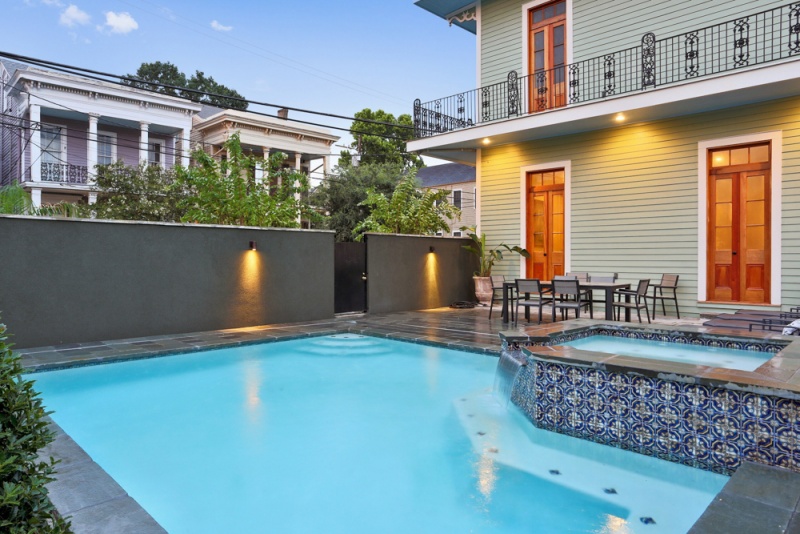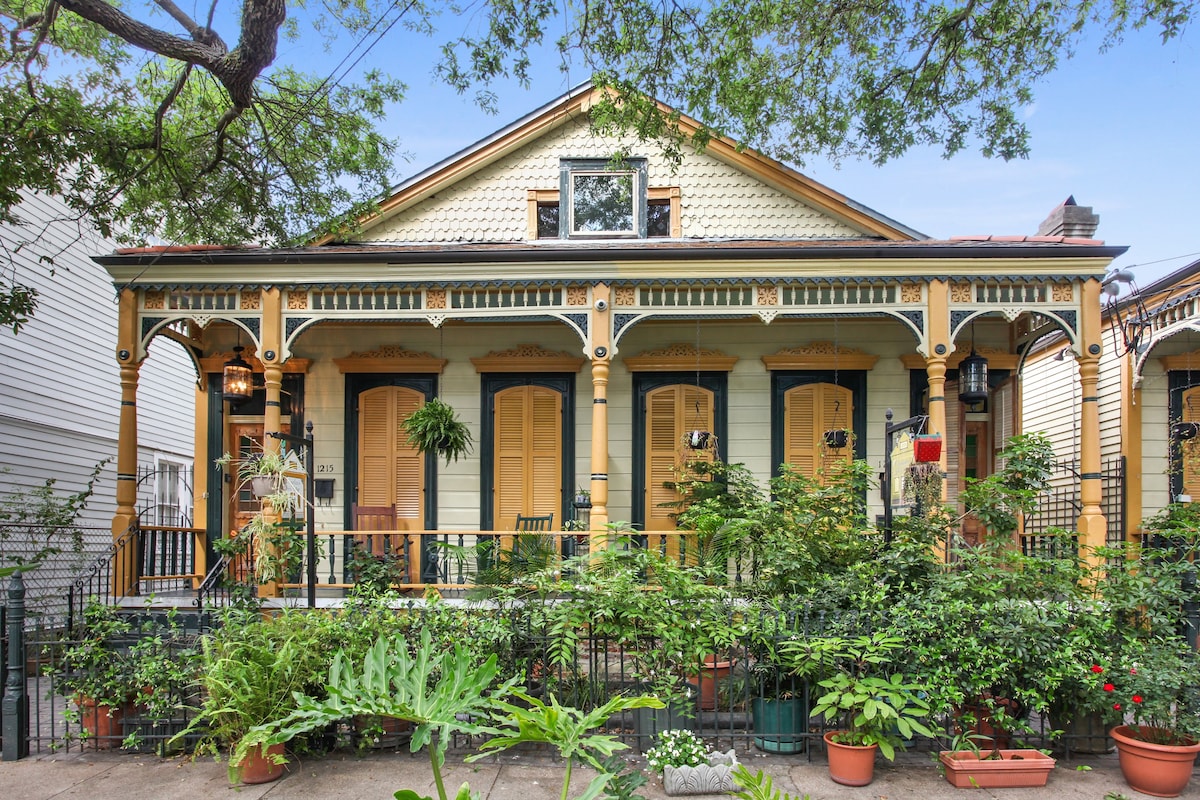
"We saw Airbnb for what it was," DeDecker said, "which is a tool that shifts the use-value of property in a way that makes it prohibitively expensive for locals to actually own or occupy those units." DeDecker connected with Jane Place, which had been around since 2008, and they became dedicated to shifting the narrative around short-term rentals from a conversation tinged by NIMBYism to one more broadly concerned with displacement and gentrification. In 2014, members of local neighborhood associations began appearing before the City Council to complain about rowdy Airbnb tourists disturbing residents. When DeDecker began seeing low-income tenants on her block in the 6th ward getting evicted so that speculators could turn their homes into short-term rentals, she became increasingly vocal. "It's something that everybody needs, but it's also something that is a center of massive profit and wealth generation and investment." "We have an understanding that housing is a contradiction," Breonne DeDecker, Jane Place's Program Manager of Housing and Policy, said in an interview. It's this focus that positioned Jane Place to take up the mantle in the fight to curb short-term rentals.įrank Southall (center), Lead Organizer of the Jane Place Neighborhood Sustainability Initiative, at a Renters Rights Assembly in March. The community land trust model holds a critique of capitalism and private development at its core. In 1969, Civil Rights activists established the first land trust in the United States: a 5,000-acre farm near Albany, Georgia called New Communities. According to its website, Jane Place is "a Community Land Trust (CLT) and housing rights organization committed to creating sustainable, democratic, and economically just neighborhoods and communities in New Orleans." As a community land trust, Jane Place purchases and holds property permanently, and rents out homes on its properties at an affordable rate.Ĭommunity land trusts have a Southern lineage. The first advocacy group to frame the proliferation of short-term rentals as a housing crisis in New Orleans was the Jane Place Neighborhood Sustainability Initiative. Local housing advocates are seeking to change that. These loosely regulated short-term rentals prioritize the desires of tourists over the needs of residents. With a short-term rental, a Tremé property owner can make more than the area's average monthly rent in just four days. That doesn't include the many Airbnbs operating without a license, nor does it account for properties rented through platforms such as HomeAway and VRBO that fall under the umbrella of "short-term rentals." With a short-term rental, a Tremé property owner can make more than the area's average monthly rent in just four days.Īccording to The Lens' most recent count, there are currently about 4,700 legally licensed Airbnbs operating in New Orleans. After their stays, online reviewers often give warnings like, "the location was very sketchy and I was afraid to walk even during the daylight around the neighborhood." Outside the building is a large cross made of chains: The Tomb to the Unknown Slave.Īirbnb listings typically tout the Tremé's historic feel and its proximity to the French Quarter.

Augustin Church, still marked by a spray-painted X indicating that it had been searched for bodies in the days following Hurricane Katrina. This block is part of the Tremé: one of the oldest Black neighborhoods in the United States. In the half-mile stretch between Rampart Street and Claiborne Avenue, over a dozen of the houses on Governor Nicholls are rented out via the website, rendering the road more like a string of hotels than a cohesive community. Now many of those tourists are spending their nights in Airbnbs. New Orleans has long drawn visitors from across the country and the world.


The plates bear the origins of the travelers: some hail from nearby Mississippi, Alabama, or Arkansas, while others have descended upon the Big Easy from farther-flung corners of the U.S.: Vermont, New York, Michigan. Along Governor Nicholls street in New Orleans there are cars from all across the country parked in front of renovated shotguns and Creole cottages.


 0 kommentar(er)
0 kommentar(er)
